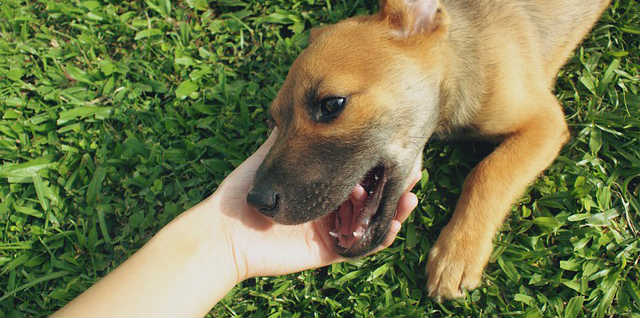Hi Courtney,
Thanks for your question about your puppy.
It sounds like you are a really dedicated new pet parent! Occasionally, puppy losing teeth can experience discomfort when they lose their deciduous (“baby”) teeth and the permanent teeth erupt. This process generally starts around 4 months of age, and most puppies will have their full adult set of teeth by 6 months of age. Veterinary intervention is generally not required during this time.
When problems do occur, it is important that your veterinarian is consulted. One problem I have seen is excessive bleeding (the bleeding does not stop quickly after a tooth falls out) which can be one of the first signs of a blood clotting disorder. Malocclusion (misalignment) of either the deciduous or permanent teeth is another problem that can lead to significant pain and infection. It is important that these issues are identified and treated promptly to prevent further complications.
The signs you described could be due to a variety of underlying problems and may or may not be related to your puppy’s mouth. I would encourage you to have a consult with your vet to see if there could be more going on. I would also suggest that you make sure to follow up with their recommendations for treating the intestinal parasites.
I hope this helps.
Dr. Kim Hester
